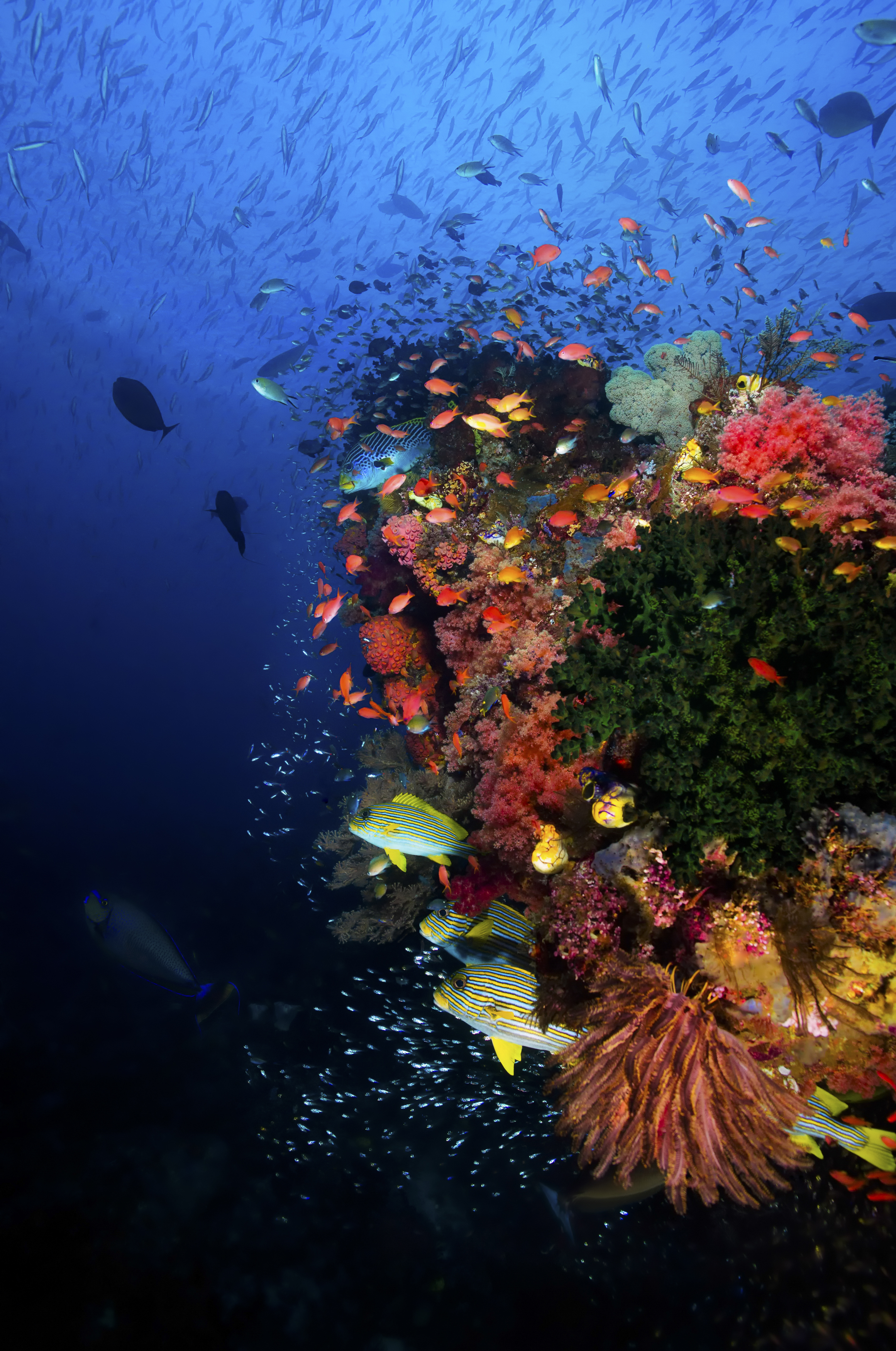Harmful Aquatic Biotoxins
Biotoxins are hazards produced naturally by certain species of algae or bacteria that can accumulate in shellfish grown in coastal waters, and that may cause illnesses including paralytic shellfish poisoning (PSP), amnesic shellfish poisoning (ASP), diarrhetic shellfish poisoning (DSP) or azaspiracid shellfish poisoning (AZP) in the consumer. In the UK and other countries this risk is carefully managed through comprehensive national control programmes. In addition, toxins such as ciguatoxins may present serious issues in fish and fishery products and require specialist understanding and analysis. New and emerging hazards potentially driven by climatic or anthropogenic changes, such as tetrodotoxins, cyclic imines and brevetoxins, pose new risks that require novel management approaches supported by strong science.
Our scientists are uniquely placed to assist governments and others in managing these consumer risks from seafoods and in supporting trade. All of our activities are supported by a dynamic international R&D portfolio, ensuring that our scientists stay at the cutting edge of their field and can provide the best quality advice. Some recent studies include the international collaborative validation study of an LC-MS/MS method for determination of PSP toxins and tetrodotoxin in bivalve molluscs, a program of work developing new methods for detection of emerging lipophilic toxins, investigations into the source of neurotoxin-related sickness in animals along the South East coast of England and the development of novel genetic protocols for harmful phytoplankton detection.
For more information on how our science can assist you please contact the Centre lead for this are Andrew Turner.

